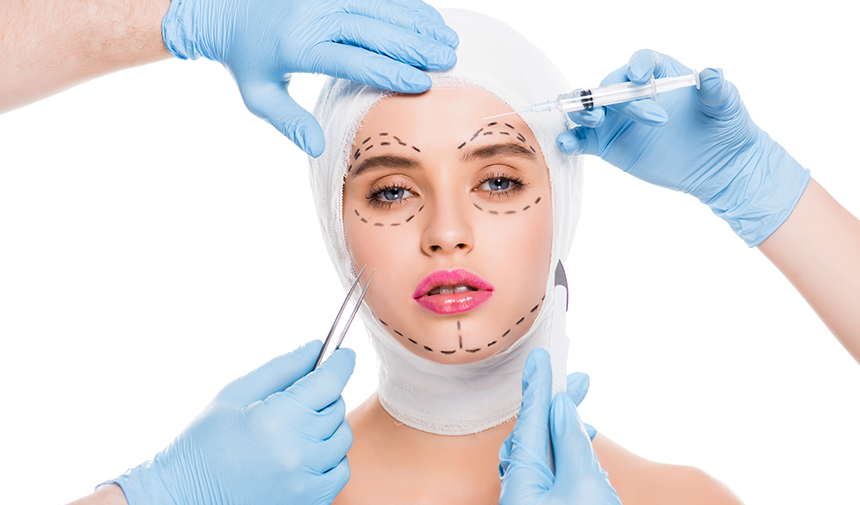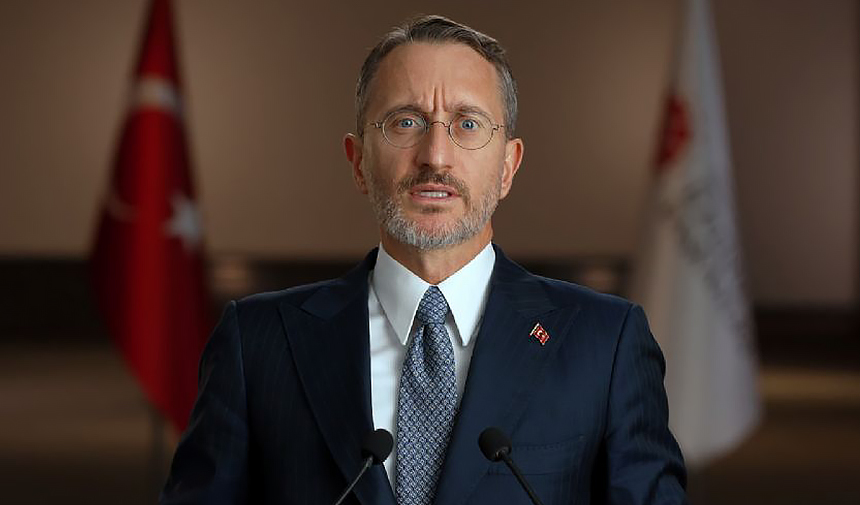Today, plastic surgery has become increasingly widespread and has almost become a craze. Beauty standards, which spread rapidly with the influence of social media, trigger individuals’ desire to constantly change their physical appearance. This aesthetic craze has profound effects on both individual and social levels. So, what are the reasons why aesthetic operations are so popular and how are their effects on society shaped?
The Rise of Aesthetic Surgery
Cosmetic surgery has the potential to not only change the physical appearance, but also boost a person’s self-confidence. With the advancement of technology and the development of medical procedures, plastic surgery has become more accessible and safe. This has led to a rapid increase in the demand for aesthetic operations. Procedures such as rhinoplasty, breast augmentation, liposuction and botox are among the most preferred aesthetic operations today.
Impact of Social Media
Social media is one of the most important factors that increase interest in plastic surgery. Aesthetic operations and “before-and-after” photos frequently shared on platforms such as Instagram, TikTok and YouTube fuel users’ curiosity about plastic surgery. In addition, filters and photo editing applications reinforce the perception of perfect beauty, leading individuals to more plastic surgery.
Changing Beauty Standards
The perception of beauty has constantly changed throughout history. In Ancient Greece, there was an understanding of beauty based on symmetry and proportions, while during the Renaissance, fuller features and a healthy appearance were at the forefront. Today, the desire to have a thin waist, full lips and prominent facial features is common. These beauty standards are one of the main reasons why individuals resort to aesthetic operations.
Self-confidence and Aesthetic Surgery
Aesthetic surgery is seen as a self-confidence-boosting solution for many people. Individuals who are not satisfied with their physical appearance feel better by achieving the appearance they want thanks to aesthetic operations. However, overdoing this situation can lead to psychological problems. The desire to constantly undergo plastic surgery can be a harbinger of serious disorders such as body perception disorder.
Social Effects
The aesthetic craze has significant effects on society as well as individuals. The widespread use of aesthetic operations changes the general perception of beauty and expectations of society. Instead of natural beauty, an artificial aesthetic understanding obtained through surgical interventions has started to prevail. This situation creates pressure especially on young people and makes them feel inadequate.
Risks of Aesthetic Surgery
Although aesthetic operations have become safer thanks to modern medicine, they also bring some risks. Surgical complications, infections and anesthesia-related problems are among the possible side effects of aesthetic operations. In addition, disappointment and psychological problems may occur in individuals if the desired result is not achieved.
Aesthetic Surgery and Ethical Debates
Aesthetic surgery also causes ethical debates. Especially directing young people and children to aesthetic operations may cause serious ethical problems. It is an important issue to determine the age limits of such operations and to implement them within the framework of ethical rules.
Conclusion
The aesthetic craze has become an increasingly widespread phenomenon, driven by the beauty standards of modern society and social media. Although the rise of aesthetic surgery has the potential to increase individuals’ self-confidence, it can lead to serious psychological and social problems if overdone. Therefore, it is of great importance that aesthetic operations are performed consciously and within the framework of ethical rules. Accepting natural beauty and individual differences can change society’s perspective on plastic surgery and contribute to the development of a healthier understanding of beauty.



